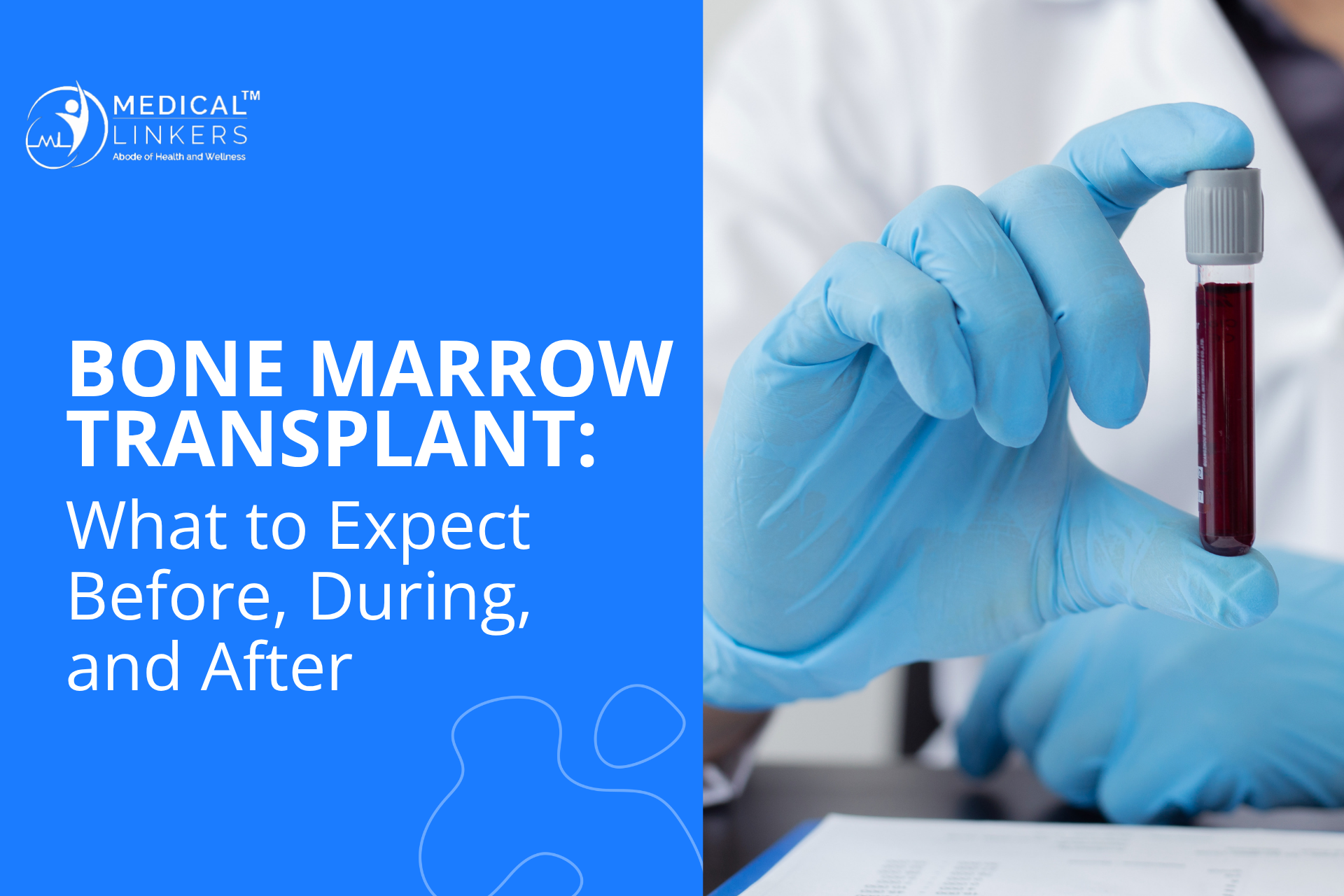Types of Surrogacy
Gestational Surrogacy – The embryo is created using the intended parents’ or donors’ gametes and transferred into the surrogate’s uterus.
Traditional Surrogacy – The surrogate uses her own egg fertilized with sperm from the intended father or donor. This is rarely practiced due to ethical concerns
Diagnosis
Surrogacy is considered after fertility evaluations, uterine assessments, and thorough consultations rule out other treatments. Psychological screening and legal evaluations are done before initiating the program with a matched surrogate.
Diagnostic Cost in Iran
| Diagnostic Procedure |
Cost in USD |
| Blood Tests |
50 to 100* |
| Fertility Evaluation |
400 to 600* |
| Ultrasound & Screening |
50 to 100* |
| Other Necessary Clearance |
200 to 300* |
Treatment Cost in Different Countries
| Country |
Cost in USD |
| Iran |
3000 to 6000* |
| Turkey |
2000 to 9000* |
| UAE |
3000 to 10000* |
| USA |
9500 to 75000* |
Treatment Cost Inclusions
| Pricing Inclusions |
Option |
| Routine patient investigations before treatment |
Included |
| Nursing fee |
Included |
| ICU stay if needed |
Included |
| Specialist fee, transplant procedure, medications |
Included |
| Pre-treatment outpatient consultations |
Included |
| Routine drugs and consumables required during hospitalization |
Included |
| Post-transplant monitoring and supportive care |
Included |
| Hospital stay and meals as per the package |
Included |
Top Hospitals in Iran for this Treatment
MOM Fertility and Infertility Center
Royan Institute.
Avicenna Fertility Center.
Rouyesh Infertility Treatment Center
Factors Affecting Surrogacy Programs Cost in Iran
Please note that the costs mentioned above are only indicative and not conclusive, as multiple factors influence the final cost of your treatment journey. These factors include:
The choice of location, doctor and hospital; pre-existing medical history; type of surgery and approach; overall patient status and condition at the time of surgery; hotel stay, meals, and flights; extended hospital stay; post-operative follow-ups and medical management; post-operative dressing and nurse visits; any required blood products; complications management; treatment for any other underlying medical conditions; and any complex investigations.









